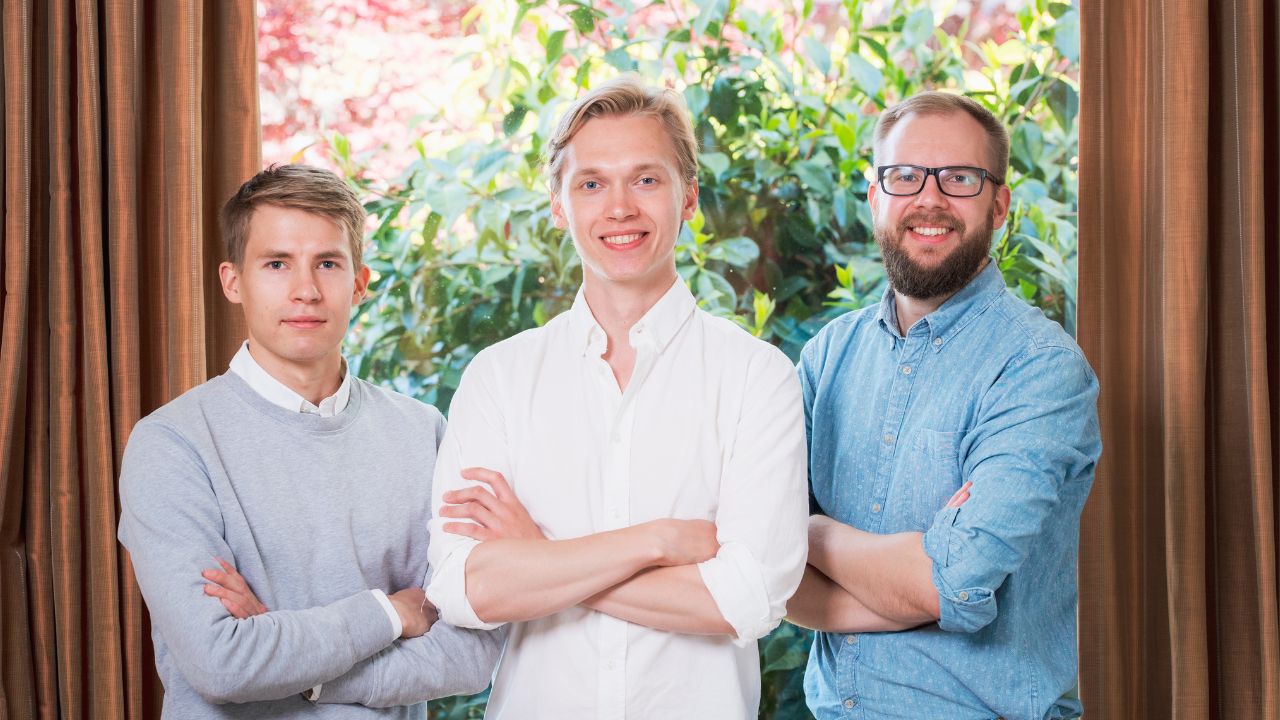Finnish biotech start-up Solu has raised €1 million in funding to fuel the development and commercialisation of its product as it plans to builds an extensive pathogen DNA library.
Antibiotic resistance is a major concern world wide, and it has seen some acceleration in recent years. According to studies, antibiotic resistance directly caused over one million deaths worldwide in 2019, and nearly five million people died from bacterial infections that are resistant to antibiotics.
Solu has grand plans to build an extensive pathogen DNA library in order to prevent antibiotic resistance via 'better research and faster identification'. The pathogen DNA library will collect all pathogen data in real-time and also model their evolution and identify new health-threatening pathogens more effectively.
"We make the identification of antibiotic-resistant bacteria easy and fast. Typically, identification takes hours, but with our solution, it shortens to a few minutes. Real-time data can effectively detect superbugs and dangerous mutations, making it possible to stop their spread as quickly as possible," says Solu’s co-founder and CEO Sam Sihvonen,
Solu's product will be used in research on antibiotic resistance in Stanford University and the University of Hamburg.
"Solu allows us to identify antibiotic resistance patterns in our clinical isolates faster and easier than anything we've used before. The ability to quickly and accurately predict patterns of resistance is empowering our research,” says Paul L. Bollyky, Associate Professor at the Department of Medicine at Stanford University Medical Center.
The funding round was led by Lifeline Ventures and joined by Wave Ventures.
"Significant problems can be solved by bringing new technology bravely into existing industries. Solu combats antibiotic resistance with big data and user-friendliness. The team's courage to tackle a global challenge, along with their ambition and significant partnerships, impressed us. We are excited to support Solu's team early on in developing their ground-breaking solution," says Timo Ahopelto, founding partner of Lifeline Ventures.



Would you like to write the first comment?
Login to post comments